The pH of coconut oil is too high for the vaginal lining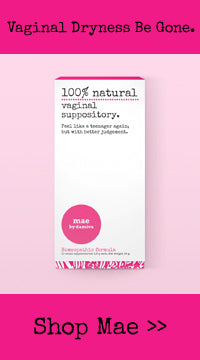 Many individuals have tried a lot of food “trends” over the years. This includes South Beach, ketogenic, paleo, gluten-free, anti-oxidant, carb-free, high-protein – and the list goes on and on. Coconut oil has even seen a surge in popularity in recent years – and for good reason. Everyone knows coconut oil and what a fantastic ingredient it is, whether it is included in a homemade face mask, curry dish, or baking. Some people use it not only in their food, but also as a natural lubricant. While coconut oil is natural, is it a good idea to use as a vaginal lubricant? The answer is NO.Basically, there are two reasons why not. Number one, coconut oil is not good for the vagina because it has the wrong pH level. Number two, there are much better ways to lubricate the vagina
Many individuals have tried a lot of food “trends” over the years. This includes South Beach, ketogenic, paleo, gluten-free, anti-oxidant, carb-free, high-protein – and the list goes on and on. Coconut oil has even seen a surge in popularity in recent years – and for good reason. Everyone knows coconut oil and what a fantastic ingredient it is, whether it is included in a homemade face mask, curry dish, or baking. Some people use it not only in their food, but also as a natural lubricant. While coconut oil is natural, is it a good idea to use as a vaginal lubricant? The answer is NO.Basically, there are two reasons why not. Number one, coconut oil is not good for the vagina because it has the wrong pH level. Number two, there are much better ways to lubricate the vagina
Why does it matter that coconut has the wrong ph-level?The reason is the protective function of your skin. The pH value is a measure of how acidic something is. The lower the pH, the more acidic, the higher the pH, the more basic (or alkaline).During reproductive years, the vaginal pH is between 3.5 and 4.5. After menopause, the pH of the vaginal tract rises to about 4.5 and even as high as 6. This can create an environment that increases the risk for bacterial vaginosis.The optimal labial pH range is 4.5 to 5.5 which is higher than the optimal vaginal pH. The reason is that our “labial skin,” like the rest of the skin on our bodies, has a protective acid mantle that provides a barrier against the wrong bacteria and subsequent infection. Studies have shown that a pH of the skin, including labial skin, that is under 5.0, keeps the existing “good” bacterial flora attached to the skin. Once the pH of your skin rises, these “good” bacteria detach.On the other hand, different types of coconut oils have been tested and all of their pH levels test too high – a pH of about 7 or 8, which is wrong for the vaginal tract and also for the labial skin.
Knowing that the labial skin and vulva should be slightly more acidic than the body’s skin, and more basic than the inside of the vagina, what are the things to know that can cause an imbalance in bacteria and acidity?
Firstly, there is bacteria in the vagina called Lactobacillus that helps keep the vaginal environment acidic. This supports the balance of the good bacteria and reduces the bad bacteria, such as E. coli, that can cause infections like bacterial vaginosis. When the vaginal pH is unbalanced, then this allows bad bacteria, yeast, or fungus to flourish. Secondly, be aware of what impacts pH levels of the vagina and external genitalia.
- Lubricants and vaginal moisturizers will affect the pH of the vaginal tract, thus it’s really important to use the right lubricant. If a woman is trying to get pregnant, she should use a lubricant that has a higher pH, e.g. 7 or 8. Acidity is not conducive to alkaline semen, so using an acidic lubricant can be a barrier to pregnancy. Conversely, if a woman is 40-plus and perimenopausal or menopausal, she will need a lubricant or moisturizer that has a low pH between 3.5 and 4.5 for the vagina, and between 4.5 and 5.5 for the labia.
This may seem like a lot to remember, but the easiest way is to think of it as that of your mucous membrane as one long tract that goes from the mouth, to the gut, to the vagina. The importance of keeping this tract healthy increases as a woman ages. So, think of it this way – what is the best thing you want to put into your mouth, gut, and vagina? Soap and petroleum jelly or natural ingredients that are edible AND healthy? There are of course better ways for a woman to support her pH levels – while using a product that moisturizes and lubricates at the same time. The next time you pick up a vaginal product, look at all the ingredients and think: would I eat this and do I want this for my vagina, the most sensitive organ in the body? That’s what I did after I learned that vaginal dryness affects 85% of menopausal women. I couldn’t find any products I would want to use, so I decided that I needed to make one for myself and, if possible, other women. I asked Gardiner Smith, my life and business partner, to help me. And together, we made the world’s first 100% natural vaginal suppository, Mae by Damiva, and are now pioneering new menopausal health products across North America. As we like to say, A Healthy Vagina is a Happy Vagina!
Scientific articles:
Freedman, Murray: “Vaginal pH, estrogen and genital atrophy”
Ambers, H: “Natural skin surface pH is on average below 5, which is beneficial for its resident flora.”
Washington, N. “Determination of baseline human nasal pH and the effect of intranasally administered buffers.”
Youtube videos: https://www.youtube.com/watch?v=8N0PPabHF1s
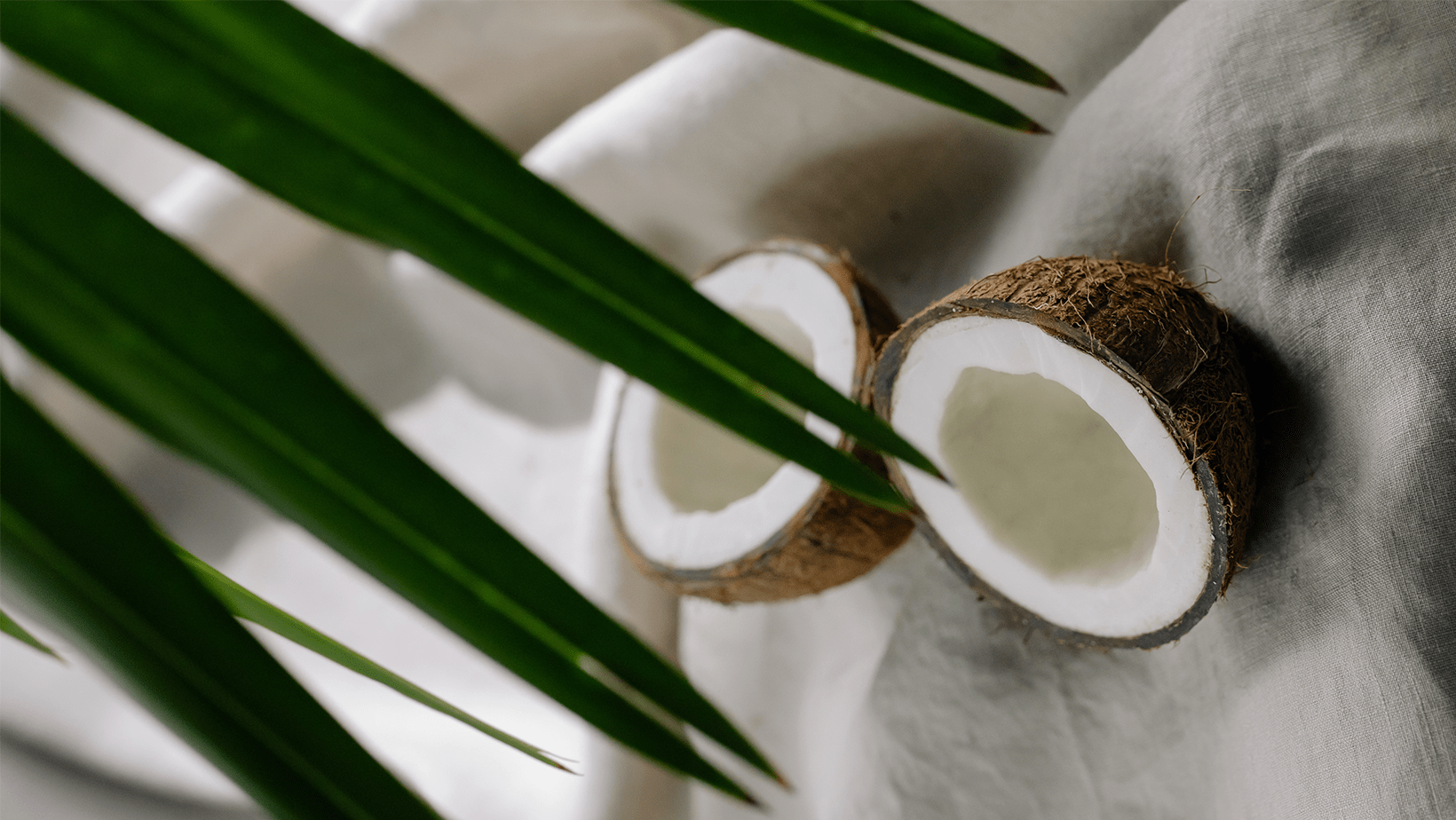
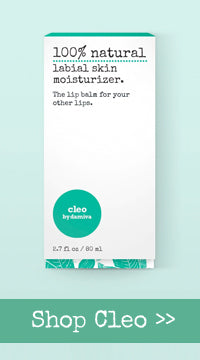
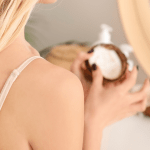
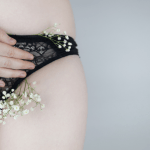






My doctor highly recommends coconut oil. I don’t think you should go against medical professionals to sell your product
Pharmacists can over rule doctors orders legally. Just because they’re doctors doesn’t mean they know everything. Alot of nurses know more than doctors. So, I would go with what she is saying.
Can this product be purchased using a HSA?
Yes, typically fem care products are covered under HSA plans. However, as these plans are highly individualized please consult and confirm with your reimbursement specialist. Thanks for asking!
Does semen change the ph balance and cause BV